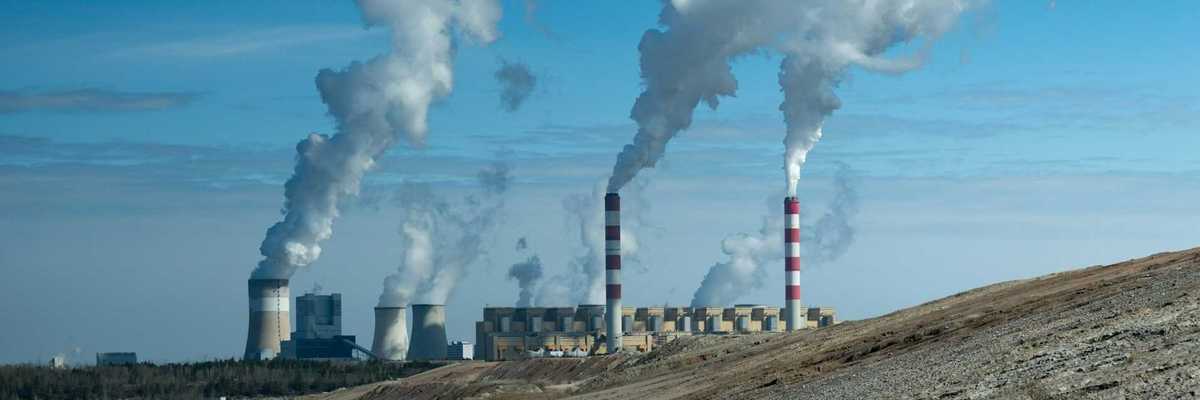homeowners
Louisiana eases insurance cancellations, raising concerns
A new Louisiana law allows insurers to cancel more homeowners’ policies, raising premiums and deductibles and potentially increasing financial strain for residents.
In short:
- Louisiana’s Legislature approved a law permitting insurers to cancel up to 5% of longstanding policies annually.
- Consumer advocates warn the law will lead to higher premiums and increased financial hardships for residents.
- The state’s Insurance Commissioner argues deregulation is necessary to stabilize the market and attract more insurers.
Key quote:
“I speak with consumers every day. Based on what I’m hearing from them and based on my own experience, insurance becoming too expensive for homeowners isn’t a potential future event — it’s the status quo and has been for quite some time.”
— Tim Temple, Louisiana Insurance Commissioner
Why this matters:
With the new law, many Louisiana homeowners may face increased financial pressure, leading to possible foreclosures and homelessness. The law may also worsen the insurance crisis already seen in states like California and Florida.
Climate change impacts insurance availability in high-risk areas
Increasing natural disasters driven by climate change are making insurance unaffordable or unavailable for many homeowners, especially in states like California, Florida, and Louisiana.
In short:
- Homeowners in high-risk areas struggle to find affordable insurance as companies withdraw or hike premiums.
- States offer insurers more flexibility, but risk becoming the insurers of last resort.
- Rising disaster costs and population growth in risky areas exacerbate the problem.
Key quote:
“Insurance companies have basically become our land-use officials.”
— Doug Heller, director of insurance with the Consumer Federation of America
Why this matters:
Without affordable insurance, homeowners may be forced to relocate, which could lead to broader economic and social impacts. The increasing financial strain on homeowners is just one of many symptoms of a planet under stress. For families, this isn't just about rising costs—it's about the stability and security of their homes and lives.
Oahu homeowners face hefty fines for unauthorized erosion control
As erosion continues to threaten homes, some North Shore residents are resorting to illegal methods to protect their properties.
In short:
- Homeowners on Sunset Beach are facing fines close to $1 million for using unauthorized sandbags and other erosion control measures.
- The Board of Land and Natural Resources (BLNR) has granted contested cases for the homeowners, who argue they had no choice but to act quickly to save their properties.
- Critics argue these methods exacerbate public beach erosion and create hazardous debris, with calls for a legislative solution to manage beach and dune erosion.
Key quote:
“I think it’s just an affront to Hawaii residents in our North Shore community. That’s the problem, in my view, of offshore owners not doing their due diligence and not really giving a rip about the community or the beach.”
— Denise Antolini, a lawyer and community advocate for beach restoration
Why this matters:
The use of unapproved sea walls and other unauthorized structures has become a last resort for homeowners trying to stave off the encroaching waters. These actions, however, can lead to significant environmental harm, disrupting marine ecosystems and exacerbating erosion in neighboring areas. Furthermore, they often provide only a temporary reprieve, as nature inevitably finds ways to circumvent human-made barriers.
Related EHN coverage:
Insurance woes increase as climate change impacts profitability
In Iowa, a state typically seen as low-risk for insurers, companies are withdrawing due to increased losses caused by climate change.
In short:
- In Iowa, increased frequency of severe weather events like hail and wind storms has led to significant insurance company losses.
- Homeowners face cancellations and difficulties in finding new insurers, potentially leading to financial ruin without coverage.
- The situation mirrors broader national trends where climate change impacts are destabilizing insurance markets.
Key quote:
“Insurance is where many people are feeling the economic impacts of climate change first. That is going to spill over into housing markets, mortgage markets, and local economies.”
— Carolyn Kousky, associate vice president for economics and policy at the Environmental Defense Fund
Why this matters:
The retreat of insurance providers from Iowa is primarily due to an uptick in severe weather events, including more intense and frequent storms and flooding, which have led to higher-than-expected payouts. This pattern is indicative of a larger, more worrying trend that could reshape the insurance industry nationwide. As weather patterns become less predictable and more extreme, insurance companies are forced to reassess their exposure to risks they had previously underestimated.
A 2023 story by Derrick Z. Jackson reports that nearly 15 million homes were impacted in 2021 by climate disasters.
Florida could soon become uninsurable—and other states will likely follow
As climate change exacerbates the frequency and severity of events like droughts, floods, tornadoes, and hurricanes in the U.S., the reality Floridians and insurers in the state are working with is quickly changing.
Daryl Fairweather: Why homeowners need to prepare for the costs of climate change
We can proactively mitigate the financial risks associated with climate change while fostering a more sustainable and resilient future. The costs of preparation may be significant, but they pale in comparison to the costs of inaction.









